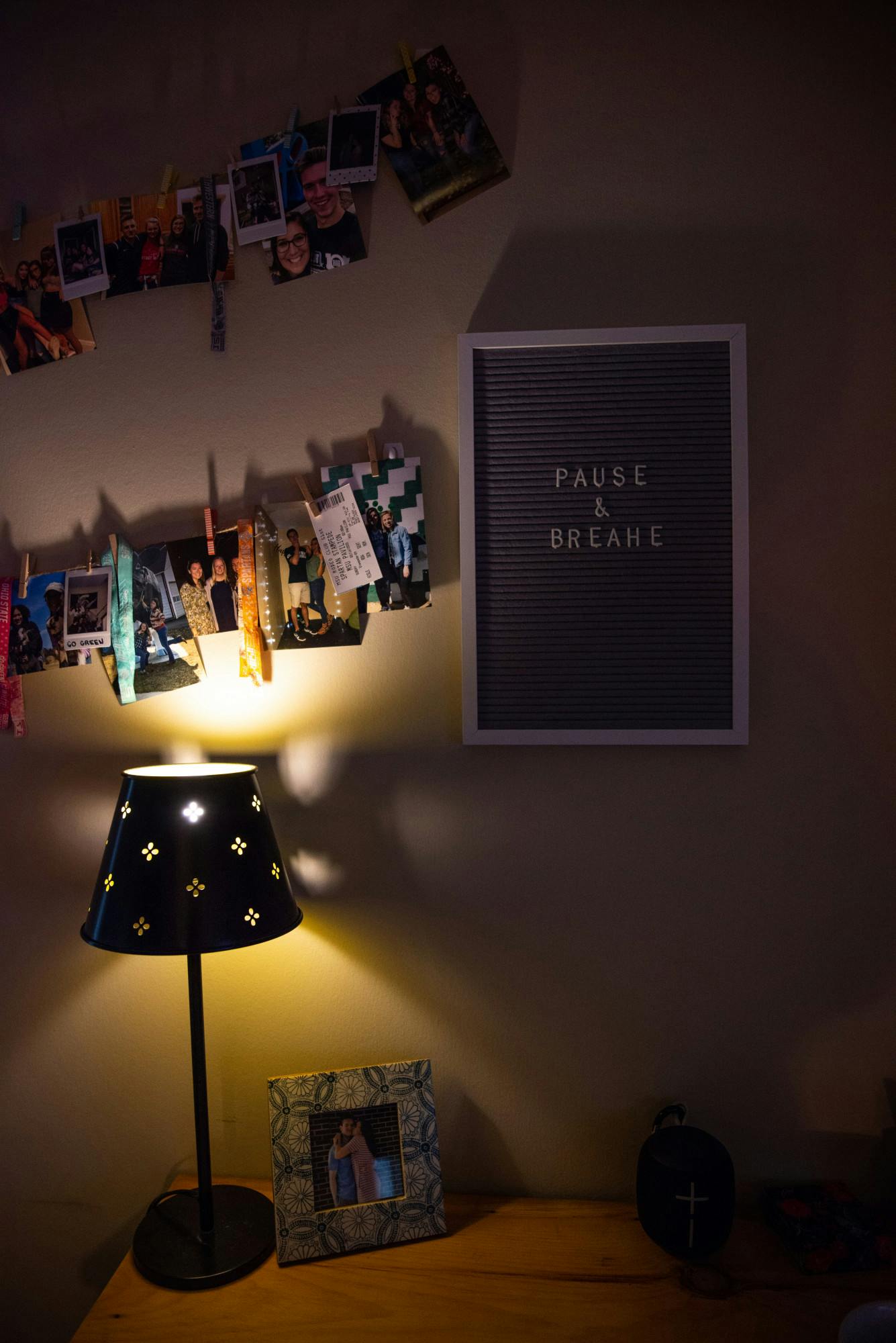Michigan State University offered students a two-day wellness break on March 2-3. Though the university canceled classes for those days, students found the two wellness days were not an effective break.
On an Instagram poll that The State News conducted asking students whether they were actually getting a break during their wellness days, 141 students answered no and only 29 students answered yes.
Data science freshman Carter Brown felt like he fully couldn’t relax all the way during his wellness days because he knew he would have school the next day and assignments due.
Brown occupied himself by sleeping in until noon, exercising and going for a nice walk outside; however, he couldn’t get his mind off school.
Graduate student Ryan Duda spent the days doing homework, the same things he’d usually be doing.
Duda said he didn’t really get a break because he was still responsible for all of the work that he had for the rest of the week.
Duda teaches an introduction to arts management course in which he tries to be mindful of what his students are going through and offers them space every single class to tell him their needs or how their learning situation is being impacted.
“Seeing the impact on my students I feel so bad because I want to do more to help them, and I try to cut at least all of my work on that week, but I’m only one person and I know they’re taking three, four classes at the same time,” Duda said.
He said the university gives all these opportunities for mental health and wellness, but they don’t stop the reasons students need to take advantage of those opportunities in the first place. The system doesn’t change.
International relations and journalism freshman Lily Guiney thought the wellness days didn’t feel like much of a break but rather as a time to catch up on school work. Also, on social media, Guiney saw that many students still traveled this week, even though the university’s goal in canceling spring break was to prevent that.
Brown believes that the wellness days made traveling harder or discouraged it, but if people had plans to go places then they would go anyway. It didn’t stop the people who were going to go out and party.
Psychology sophomore Tamara Siblani felt that her wellness days were more stressful and anxiety inducing, so she studied and reviewed for exams scheduled later that week.
“I think it would have been more efficient to give the students time to really focus on their well-being rather than just give them two short days,” Siblani said.
However, some students enjoyed the wellness days. Social relations and policy senior Dylan Catalano said that besides applying for jobs and writing cover letters, he was able to relax a little.
“I would say most of the time I was fortunate enough to actually spend it relaxing, taking a break from school and work, but I know that I’m probably in the minority of students who were able to do so,” Catalano said.
Being in his senior year, Catalano would have loved to have had a traditional spring break, but at the same time he understood the decision when the administration canceled the weeklong break.
“I’ve been trying not to look at this past year and think about all the things that aren’t happening because I think that’s what makes me more upset about my senior year,” Catalano said. “So, I’ve just been trying to take things as they’re coming to me. So, not having a spring break sucks, but at least I’m lucky enough to get these wellness days.”
All of these students also agreed that they would’ve preferred a full week off or more of a normal spring break and that there should be more opportunities to take better care of ourselves mentally rather than just two days off, since the pandemic affects everyone in unique ways.
“I think that would have been a much more beneficial way to actually press pause on the workflow and the stress levels and everything,” Guiney said.
This article is part of our Women's History Month print edition. Read the full issue here.
Support student media!
Please consider donating to The State News and help fund the future of journalism.
Discussion
Share and discuss “MSU students agree that wellness days were ineffective” on social media.







